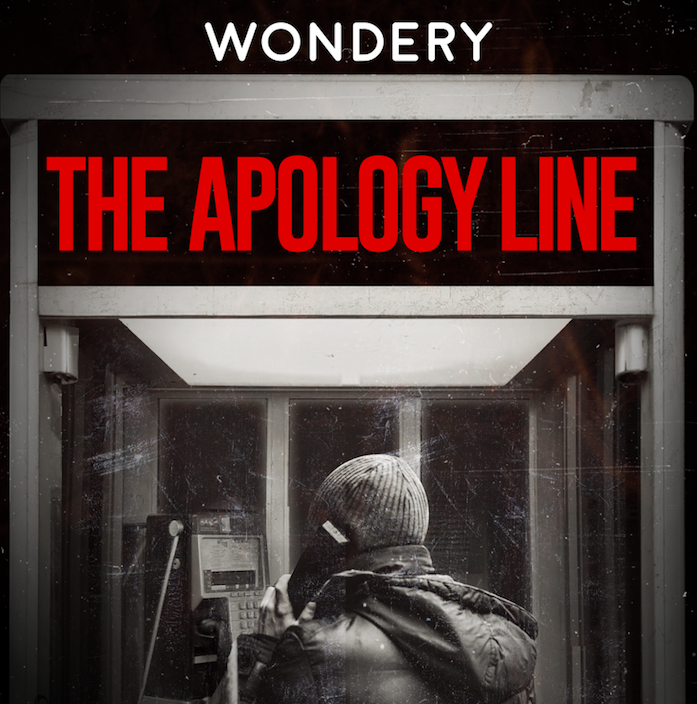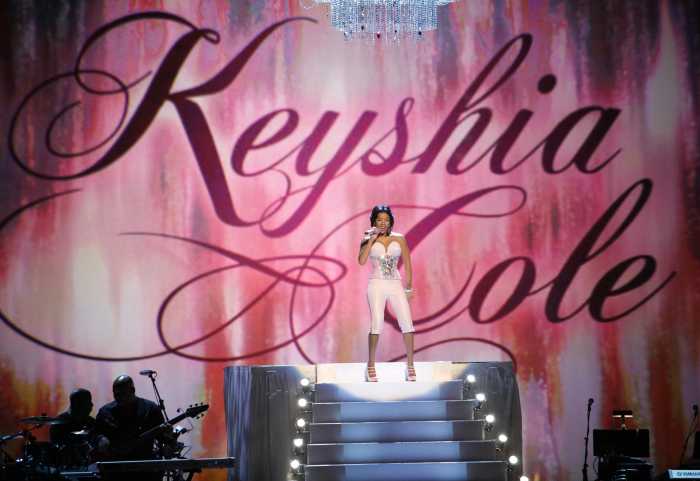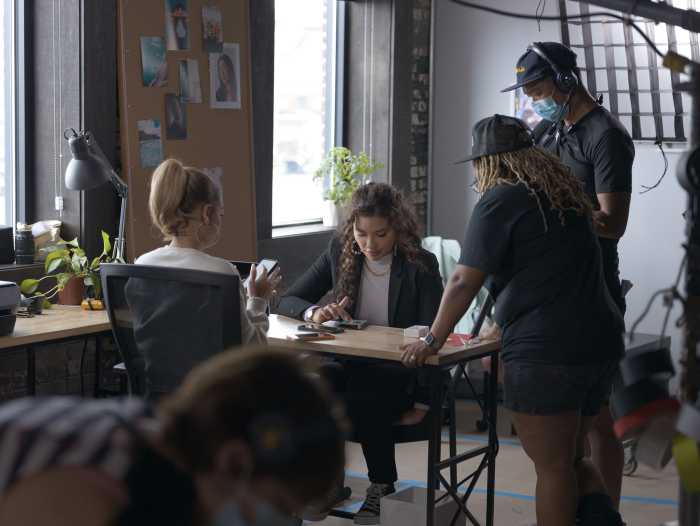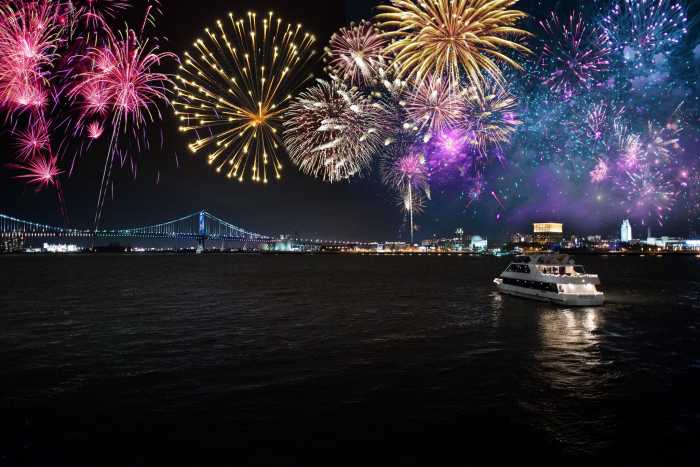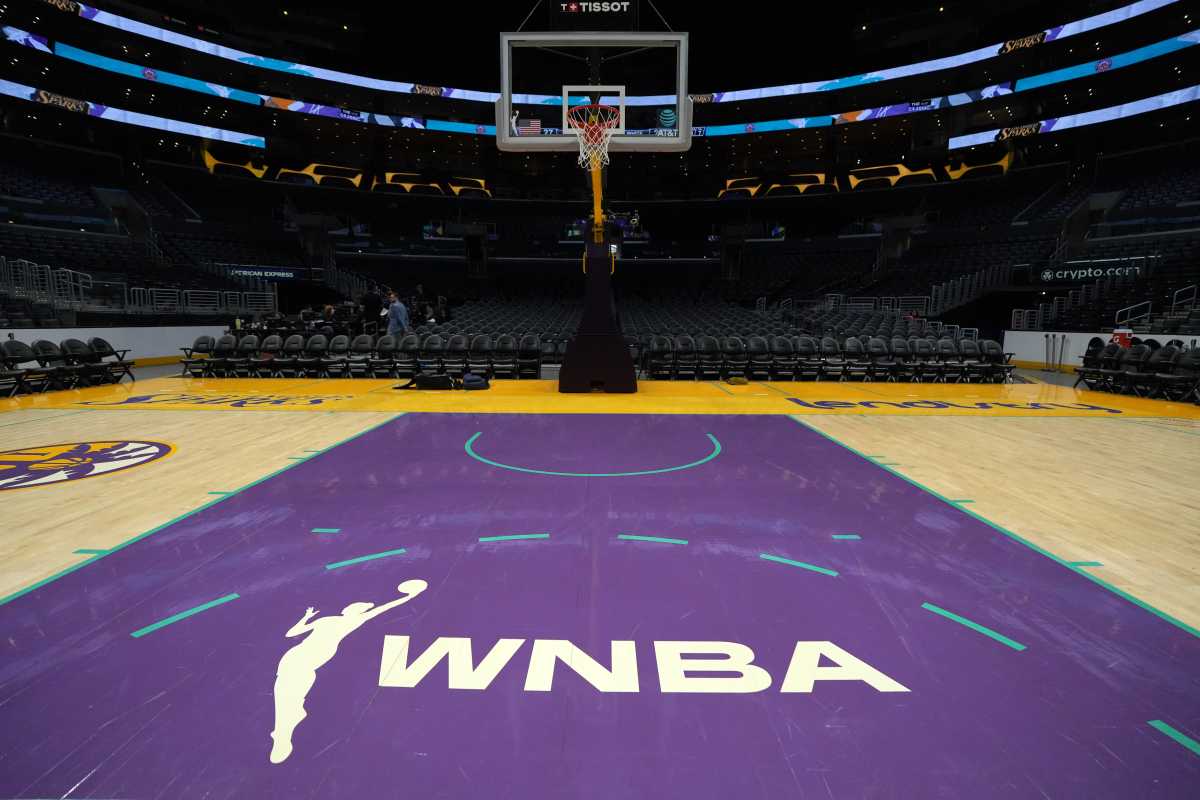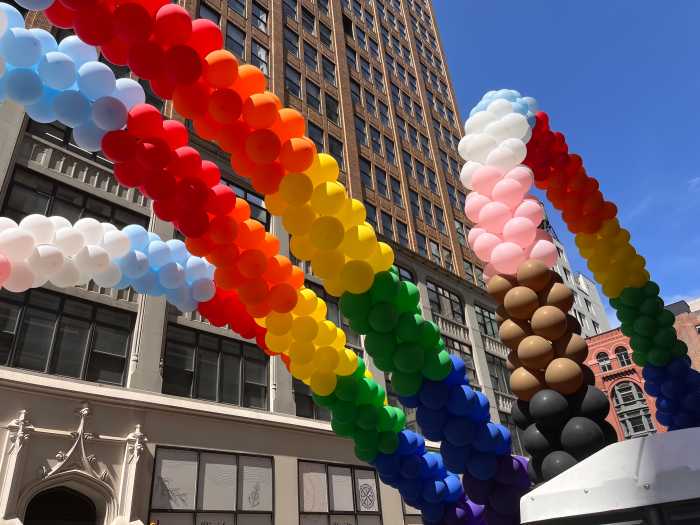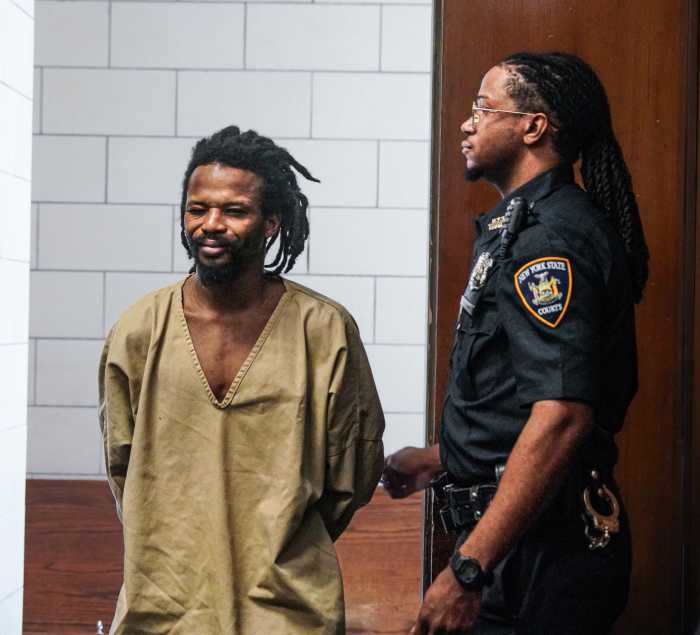In 1980, Allan Bridge began posting flyers around New York City for people to call his Apology Line, described as “an anonymous telephone line where strangers could come clean about their wrongdoings, ranging from infidelity to murder.” In a time where this became people’s only outlet with the new technological addition of answering machines, the line became so popular that it stayed in business for 15 years. Everyone called in, from guilty hearts, to criminals, to serial killers.
Marissa Bridge, who met her late husband, Allan, a month after he started the Apology Line finally figured out a way to turn his story into a compelling podcast, and she sat down with Metro to discuss more.
Why choose to bring this story up now and also, why in a podcast form?
I really felt that it was my duty and something I wanted to do to preserve his legacy, and to preserve his project. Over the years, people have tried to do movies, a documentary and a play [on this story] and for various reasons, nothing panned out. But about ten years ago, I met a theatrical agent named Michael Moore. I had lent some of the apology calls to a choreographer who was a client of Michael’s, and Michael saw the performance and was blown away by the material. So, we’ve been working together off and on over the years to try to do something with it because he really believed in it. Then about five years ago, I first heard the podcast “Serial,” and when I heard that, I knew in my gut that the “Apology Line” would make an incredible podcast. It’s the perfect media because this was an ideal project, and lo and behold, this is the is the medium that worked.
What were your initial thoughts when you first heard about this apology line back in the ’80s? What did you think about it?
I met Allan about a month after he started the line, so when he first told me about it back in 1980, to be honest with you, I didn’t understand because I didn’t have an answering machine—that was new technology. He played me some calls he had recorded already in that first month and the impact of that was so strong that I knew it was something amazing. He had set up this mechanism where people could call up and confess things off of the telephone— back in those days that was a very private thing. We didn’t do all of the things we do now on our phones, [it was] just the telephone for talking. Of course, there were some people who used it to goof around and stuff, but by and large, people used it in a very serious manner. I think that was partly due to Allan shepherding us through it being a live presence in the system. He wasn’t just collecting the calls, he was interacting with the callers and he would speak to them off of the line if they wanted, too. He really was an active participant as well as the host, so that really helped people bring a lot of sincerity to their calls.
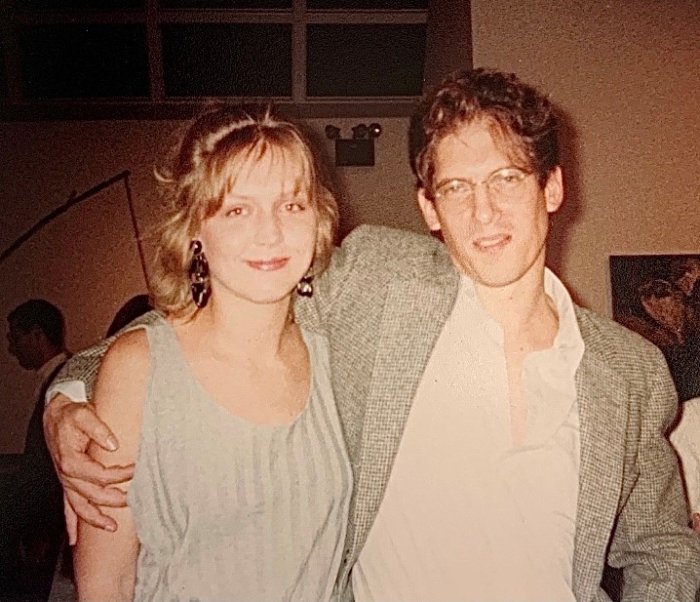
Why do you think that people were so keen on jumping on this phone line?
I think that there were very few ways people could unburden themselves back then. There was confession to a priest or talking to a psychiatrist or a therapist or confiding in a close friend—but this provided another way, a free way, and a way that was very easily accessible. Not everybody can afford to go to a therapist then or now. Allan obviously posted all around New York City and in the boroughs around New York City, but he also posted a lot in the subways or where maybe he’d get people who were criminals or had a lot of stuff to unburden themselves with—and they got it. They used it the way that he intended as an effective way to unburden themselves of their problems.
What effect did the podcast have on you and Allan?
Originally I don’t think he thought it would last more than a year or two, but he felt even at that time that the callers needed him and that this was a really needed service, so he didn’t stop doing it. He, like most artists, have a cycle to work on something for a couple of years and then you move on—he never moved on from that. It just had too strong of a grip on him. So it did get more intense as the years went on, and it was difficult living with it, but I also really believed in the project. I thought he was doing something good for humanity’s sake, and that was something that I was willing to live with, and it was hard at times. Every artist needs their space to do what they have to do and they don’t need a spouse judging them as they go along. You just have to let people do what they’re going to do.
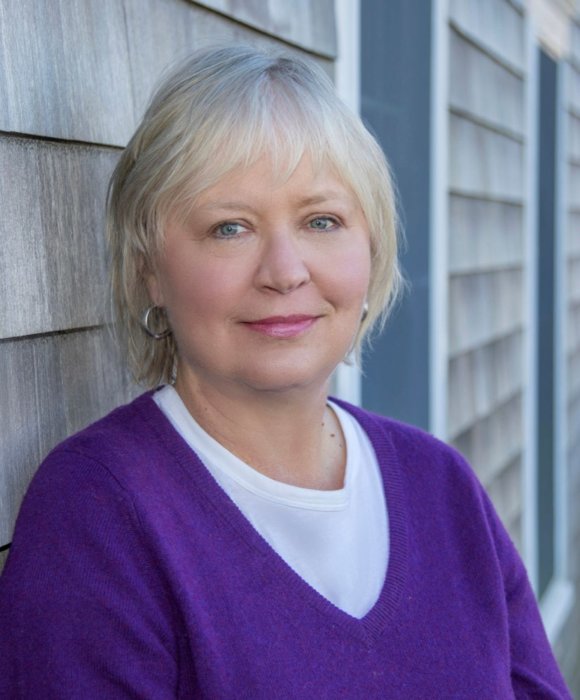
Do you think the problems that were called about during “The Apology Line” are still problems that people could relate to in today’s world?
Everything that people said in those years is true today, it’s amazing. There’s nothing that really doesn’t make any sense, people still have the same problems. My primary hope is that people realize that we are all the same under the skin, I think that’s something that is very important. It’s always important, but today, and especially in our divisive climate, I think that I really want people to understand that we all have the same problems—we’re very similar. I would hope that it would give people some empathy for each other that they would understand. The next person may have a lot going on in their lives that you don’t realize, and they just have a little bit more understanding and empathy for your fellow human beings. I think that’s really important because we don’t have enough of that today, right?
“The Apology Line” drops on Wondery, Jan. 19.



